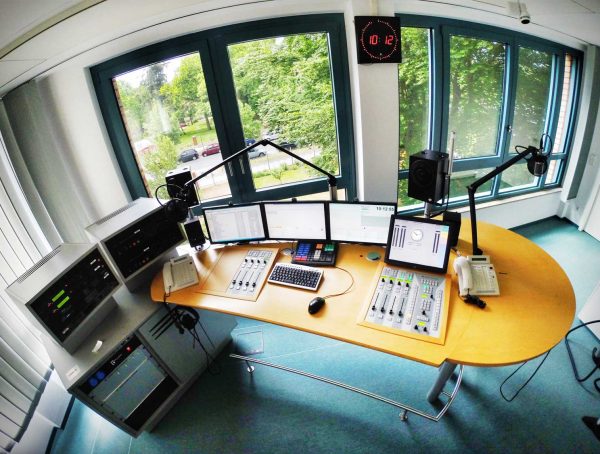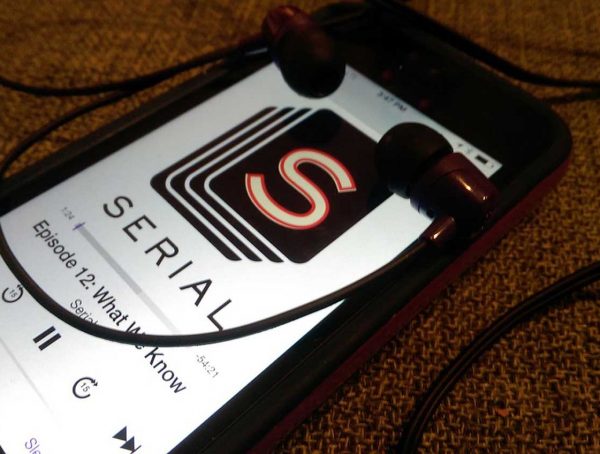The development of technologies and the digitalization of news media might lead some to think that legacy media are becoming obsolete. However, while it is true that the print, television, and radio industries are changing, they are not dying. This is the case with radio as well.
Mike Hulvey, COO of Neuhoff Media, believes that thanks to the democratization of new devices like smartphones and tablets, radio content is now available everywhere, and more people can access it wherever they are and whenever they want.
Aside from being news outlets, public radios are also a source of entertainment. Audiences not only listen to the radio to get their news in the morning but also to be entertained, believes Shosh Arbomovich, Division Director at iHeartMedia.
Abromovich even argues that the change to the radio industry is one of her favorite parts of the job, and evolving along with technology and the digital era. For journalists, the radio age is far from being over.
“It’s a long way from being dead. We look pretty damn good for 100 — we just turned 100 [years old]. If that’s what 100 looks like, then I’m excited about 100! We’ve got another hundred, we’re just resetting the shot clock,” Hulvey says.
The Pew Research Center study on the state of the media found that local public station revenue has been constantly increasing in the past few years, and so did local public radio station membership, going from 1,790,393 subscribers in 2010 to 2,351,783 in 2019.
The COVID-19 pandemic also allowed local radios to prove their relevance in today’s society, for while radio stations have always been the megaphone of a community, they also helped this very community to organize. While journalists usually reported on events and concerts in their communities, as well as useful information such as “how to prepare for a hurricane” when storms were approaching their community, they then found themselves organizers of group mobilizations. Abromovich remembers the spirit of support and camaraderie during the pandemic when her station launched movements such as everyone turning their light switch on at the same time or honking when driving past hospitals and police stations, as a sign of support and thank you from the community.
The radio industry is well alive and will keep on being the voice of its communities for, like Hulvey hopes, another 100 years.
Our experts shared their views during the Radio Unplugged conference by the Broadcast Education Association.








